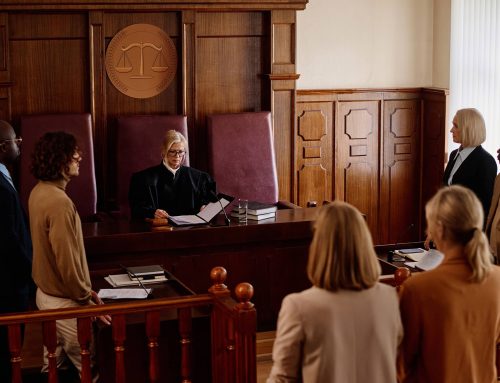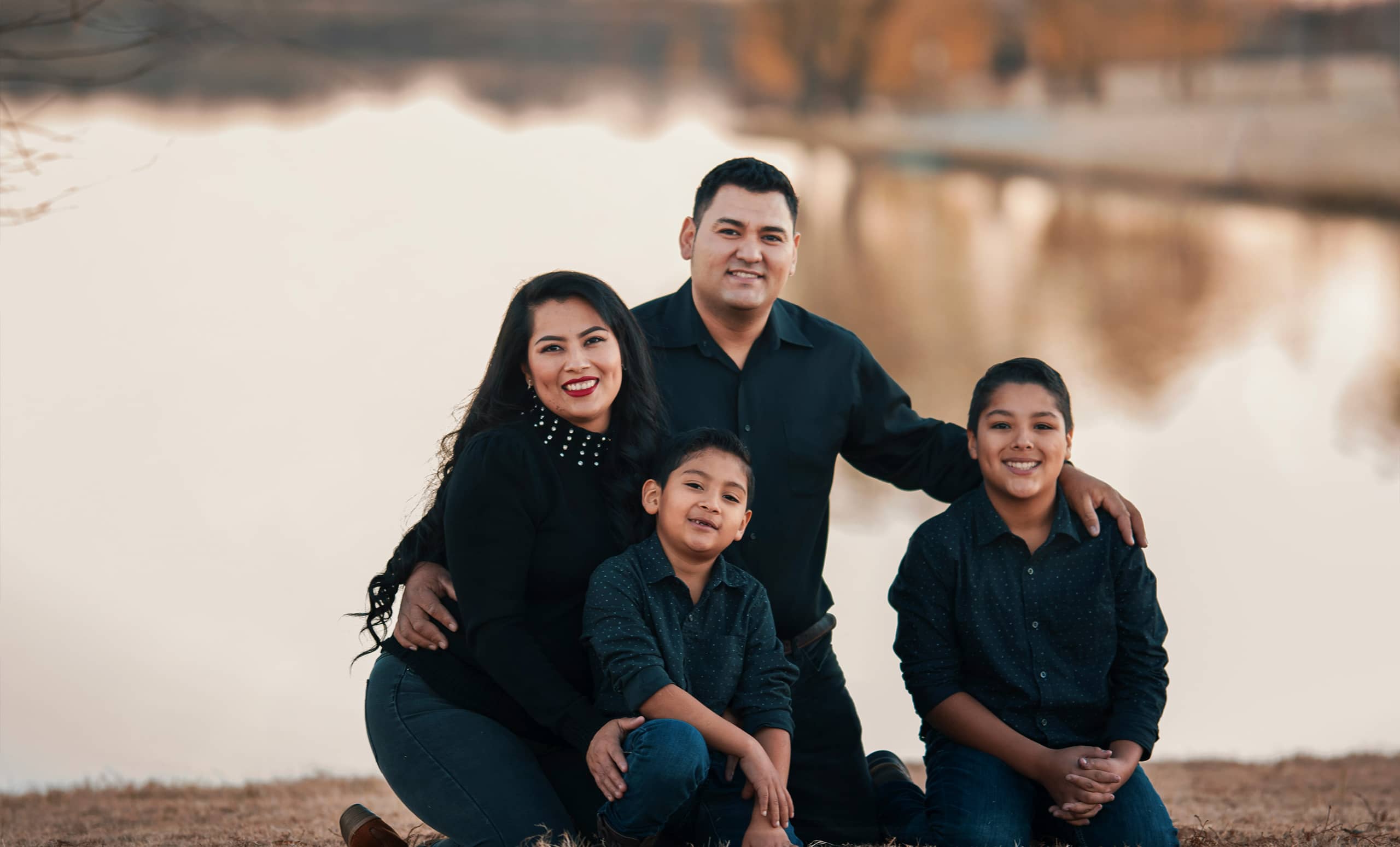The language of California Penal Code section 1016.5 holds that before a court may accept a guilty or no contest plea, the Court must ensure that the non-citizen client has been advised of immigration consequences associated with his or her plea pursuant to Penal Code section 1016.5, subdivision (a).
If the Court does not advise the non-citizen defendant and there is no record the defendant was so advised, then the non-citizen defendant is entitled to prosecute a motion to withdraw his or her plea. Further, if there is no court record that the non-citizen defendant was advised there is a presumption he or she was not, and the prosecution bears the burden of rebutting the presumption. If the presumption of non-advisement cannot be rebutted then the conviction will be vacated.
If the advisements were not given, section 1016.5(b) provides the defendant with the remedy of moving to withdraw a guilty or no contest plea when he or she establishes that the conviction based upon the plea may have the consequences of his or her deportation, exclusion for admission in the United States, or the denial of naturalization. Simply, Penal Code section 1016.5(a) requires the trial court, prior to accepting a plea of guilty or nolo contendere, to give the defendant the following advisement on the record.

If you are not a citizen, you are hereby advised that conviction of the offense for which you have been charged may have the consequence of deportation, exclusion from admission to the United States, or denial of naturalization pursuant to the laws of the United States. Penal Code Section 1016.5(a)
Upon receiving the advisements, the rule established in Penal Code Section 1016.5 contemplates a period during which the defendant, without risking the loss of the existing plea bargain, can reconsider the value of the offer in light of immigration consequences that will result from it and attempt to negotiate a different bargain that may not contain the same consequence. Essentially the Penal Code provides for more time to consider any potential immigration consequences that may attach to the noncitizen defendant as a result of accepting the criminal conviction associated with the plea. The California Legislature enacted this statute to promote fairness to non-citizen defendants by requiring in such cases that acceptance of a guilty plea or plea of nolo contendere be preceded by an appropriate warning of the special consequences of his or her guilty or (no contest plea). The reasoning for this is because it has been found in case law that non-citizen defendants suffer a disproportionate impact (deportation or removal from the United States) than citizen defendants.
Importantly this statute provides a remedy if the Court does not advise of adverse immigration consequences. If the court fails to advise the defendant as required by this section and the defendant shows that conviction of the offense may have the consequence for the defendant of deportation, exclusion from admission to the United States, the court, on the defendant’s motion, shall vacate the judgment and permit the defendant to withdraw the plea of guilty or nolo contendere, and enter a plea of not guilty. For more information on Penal Code section 1016.5 and how this law can help a non-citizen defendant follow this link.

Penal Code section 1016.5 is a remedy that was first enacted in 1978 to address the issue of the Government’s failure to notify a non-citizen defendant of the potential adverse consequences resulting from the accepted negotiated plea. Essentially Penal Code section 1016.5 puts the onus on the Court to advise immigrant defendants of adverse immigration consequences. If the Court does not advise of potential adverse immigration consequences then the non-citizen defendant upon his or her motion can petition the Court to have the conviction vacated.
In People v. Superior Court (Zamudio), it was considered what constituted prejudice when a trial court failed to advise a defendant of the plea’s potential immigration consequences as required by Penal Code section 1016.5. Prejudice in such circumstances depended on “whether it is “reasonably probable” the defendant would not have pleaded guilty if properly advised.'” The focus on “what the defendant would have done, not whether the defendant’s decision would have led to a more favorable result” derived from the fact that a defendant “may view immigration consequences as the only ones that could affect his calculations regarding the advisability of pleading guilty to criminal charges. A decision to reject a plea bargain, we explained, “might be based either on the desire to go to trial or on the hope or expectation of negotiating a different bargain without immigration consequences.” When a court weighs whether a defendant would have taken the latter path, it need not decide whether the prosecution would actually “have offered a different bargain”—rather, the court should consider “evidence that would have caused the defendant to expect or hope a different bargain would or could have been negotiated.”
Schedule appointment
Uribe & Uribe APLC
Nothing can impact your life or the life of a family member more than one’s immigration status. Are you interested in obtaining immigration benefits? Do you have a plan in action for success? At the Uribe & Uribe APLC we can help you create a strategy for success.






